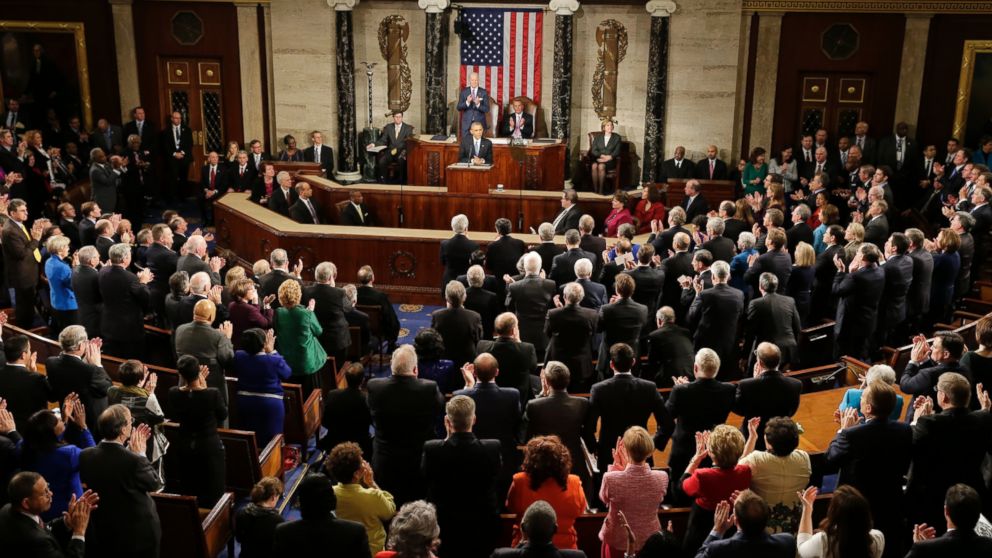Meet Congress' State of the Union Designated Survivors
The "designated survivors" you haven't heard of.

— -- On State of the Union night, the White House takes no chances with the presidential chain of command, keeping one cabinet secretary away from the Capitol as a "designated survivor" in case of a catastrophic event.
Since 9/11, congressional leaders have done the same, selecting members to serve as designated survivors to ensure the continuity of the legislative branch.
“There has to be continuity,” said Michael Stokke, who served as deputy chief of staff to former House Speaker Dennis Hastert, R-Illinois. “If a plane hit the House when you’re in a joint session, you’re taking out a majority of Congress.”
Former Rep. George Miller, a California Democrat first elected to Congress in 1975, volunteered to serve as a designated survivor during President George W. Bush's second term, because he wanted to watch the State of the Union as his constituents did: on television.
“I said, ‘What do I have to do?’” Miller remembered asking then House Democratic Majority Leader Dick Gephardt, D-Missouri. “He said, ‘Stay away from the Capitol.’”
Miller, who served as a designated survivor in 2006 and on several other occasions before retiring in 2014, was instructed to spend those evenings in his Rayburn House Building office or the Capitol Hill home that he shared with Sens. Chuck Schumer and Dick Durbin.
“It may have been an undisclosed location … I didn’t tell anyone,” he quipped.
While it would take time for individual states to repopulate their congressional delegations and get Congress fully functioning after a worst-case-scenario event, the designated survivors would preserve valuable institutional knowledge, Stokke said.
“You need someone there to understand why we did certain things, and what rules applied to the House,” he said.
Hastert’s office asked members of the House Republican leadership to play the part, including Sen. Roy Blunt, R-Missouri, in 2002 and former House Majority Leader Eric Cantor, in 2006.
Miller, a senior Democrat who served as chairman of the House Education Committee, spent those “not very dramatic” nights taking notes on the president’s speech and talking to reporters.
While individual members of Congress miss State of the Union addresses for a myriad of reasons, it's not clear if the designated survivor practice will be continued this year.
While some officials approached by ABC News said the arrangement was no longer implemented, others were unfamiliar with the practice. Several declined to comment, citing security concerns.
Former North Dakota Democratic Sens. Kent Conrad and Byron Dorgan, who both spent a night at home at the request of Senate Democratic Leader Harry Reid’s office, said it felt odd missing the president’s speech.
“Sitting in that chamber is quite extraordinary,” said Dorgan, who served as a designated survivor in 2006.



